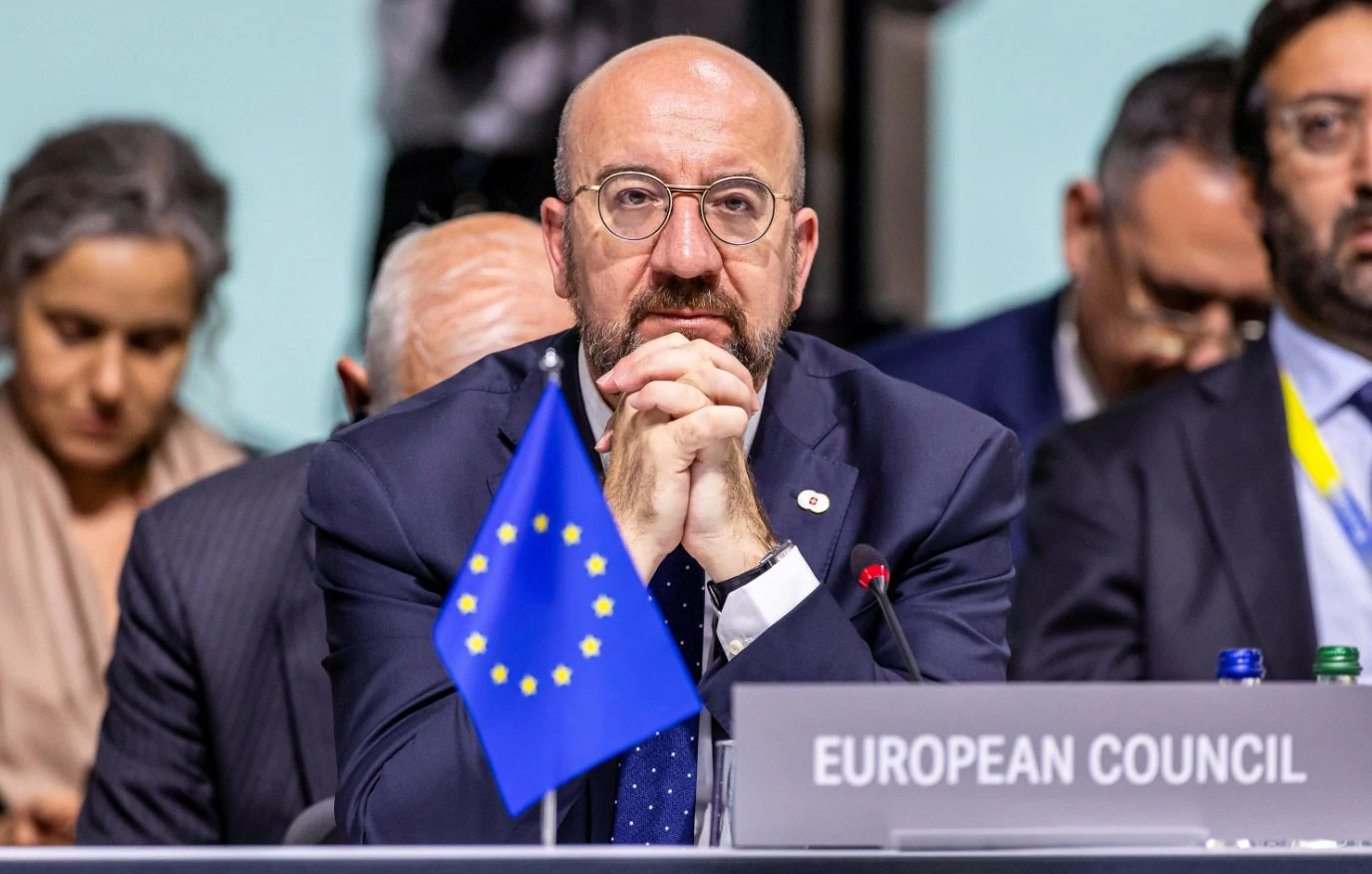European Union leaders meeting behind closed doors in Brussels on Monday evening failed to agree on the distribution of top positions in European institutions.
Although there is no agreement yet, it is expected that they will confirm another term for Ursula von der Leyen as the President of the European Commission and Roberta Metsola for the President of the European Parliament. Sources said some new names were floated at the meeting.
Although there was lots of backroom chatter in Brussels in the preceding days that this time around the decisions on top jobs would made relatively quickly, it turned out that at least one additional meeting will be needed next week to reach a deal.
Dutch Prime Minister Mark Rutte said he did not see a repeat of 2019, when the selection process was particularly chaotic.
“This is not the case this time. Everything looks much clearer,” said Rutte, who also praised von der Leyen as having done “an incredibly good job” leading the bloc through the pandemic and Russia’s invasion of Ukraine.
“This is a special moment. Why? Because there is a role for the political parties and this is in line with the result of the European Elections. But, the European Council is an important body and we have to make sure that in the future this body will be able to guarantee the unity of the EU,” said Charles Michel, the current European Council president.
Ursula von der Leyen has broad support for a second term as the head of the commission. And while France appears to have had other ideas, the poor performance of Macron’s party in the European elections has blunted the seriousness of the proposal.
If the cards are still the way things are leaning now, the top jobs in the bloc would be distributed both by party and by geography. Thereby, the left and Europe’s south would be represented by former Portuguese Prime Minister Antonio Costa as European Council President. Costa, however, is somewhat hindered by an investigation into alleged influence peddling but he does not appear to be directly implicated. The Nordic bloc, on the other hand, would reportedly prefer to see Danish Prime Minister Mette Frederiksen in that position. Croatian Prime Minister Andrej Plenković put forward and interesting proposal to split the term in half between the Socialists & Democrats and his own EPP. He says he is looking at the bigger picture.
“In the broader context, it is necessary to look at how the will of the voters is reflected in the European elections and how the current state of governments in individual countries is reflected. Here, the position of the EPP is significantly stronger than it was five years ago,” said Plenković.
The key position of foreign policy and security chief would go to Estonian Prime Minister, Kaja Kallas, a liberal. If she is confirmed, it will mean that the EU’s top diplomat is on Russia’s wanted list. Moscow cannot forgive Kallas for demolishing Soviet monuments in Estonia.

